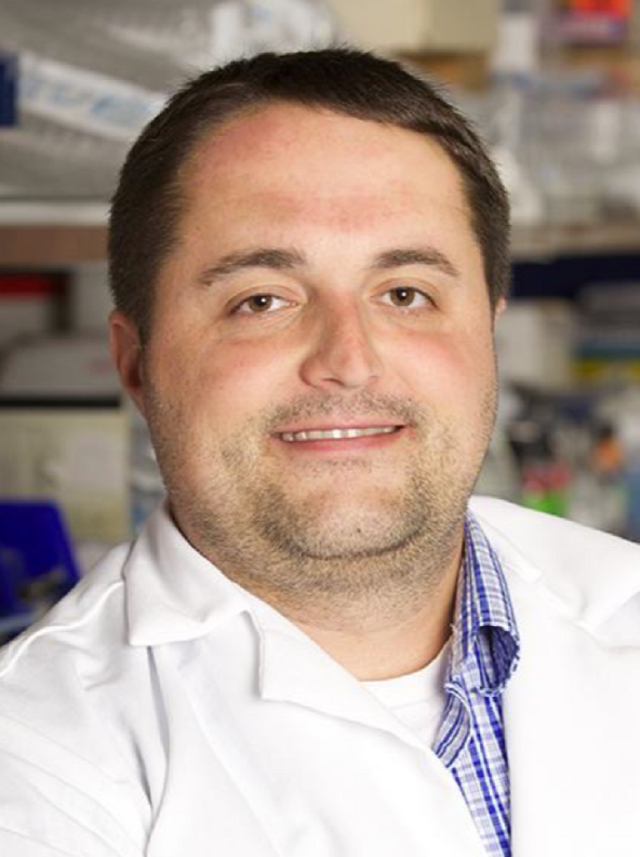Adam Engler, Ph.D., Professor and Chair of the Shu Chien-Gene Lay Department of Bioengineering, UC San Diego, Improving cardiovascular “diseases-in-a-dish” with active materials

Speaker:
Adam J. Engler, Ph.D.
Professor and Chair of the Shu Chien-Gene Lay Department of Bioengineering
University of California San Diego
Resident scientist at the Sanford Consortium
Faculty Host
Ryan Stowers
Improving cardiovascular “diseases-in-a-dish” with active materials
Abstract:
After more than a decade of recognition that extracellular matrix (ECM) properties can influence cell behavior to similar degree as growth factors, in particular ECM composition, topography, porosity, and elastic modulus (i.e. stiffness), biologists have come to recognize its importance. However, matrix is highly dynamic, changing how much of it is secreted and assembled during
development and disease. Most synthetic ECM mimics made initially to study this phenomenon were static but there is growing interest in making matrices that have tunable properties with time. Using several material systems in 2D and 3D, I will highlight how we have used matrix dynamics to study mechanisms of vascular and heart diseases. I will employ the differentiated vascular and cardiac progeny of induced pluripotent stem cells (iPSCs) to understand the mechanisms that genomic variants use to predispose these progenies to higher risk for coronary artery disease (Lo Sardo et al, Cell 2018; Teng et al, APL Bioeng 2021) and myocardial infarction (Kumar et al, Nature Biomed Eng 2019). While mechanisms in protein-coding loci are usually obvious, variants in non-coding loci or when multiple variants are present in combination are difficult to determine, and so I will use our materials-based approach to highlight methods that can induce disease-in-a-dish in order to better study mechanisms. Yet not all protein-coding variants are obvious, and I will also describe how mechanobiology has enable our study how multi-allelic heterozygous variants also induce mechanical dysfunction in the heart (Deacon et al, Nature Biomed Eng 2019). Based on these exciting results, I will advocate that artificial control over in vitro culture systems via 3D, dynamic materials mimic natural ECM changes and better recapitulate the niche in vivo.
Bio:
Adam J. Engler is a Professor and Chair of the Shu Chien-Gene Lay Department of Bioengineering at UC San Diego, where he has been on the faculty since 2008. He also is a resident scientist at the Sanford Consortium for Regenerative Medicine. Prior to starting his independent career, Dr. Engler was awarded his PhD from the University of Pennsylvania and performed postdoctoral training at Princeton University. Dr. Engler has published more than 100 peer-reviewed manuscripts and his seminal work has shown how physical and chemical properties of the extracellular matrix influence or misregulate cell function and modify genetic mechanisms of disease. His lab currently studies this phenomenon in the context of cardiovascular diseases and cancer. Dr. Engler has received numerous awards in recognition of this research, including young investigator or mid-career awards from International Society for Matrix Biology (2008), Biomedical Engineering Society (2008), American Society of Matrix Biology (2014), American Society of Mechanical Engineering (2015), and American Society for Engineering Education (2018). Dr. Engler is a NIH New Innovator Award grantee (2009) and fellow of the American Institute for Biomedical Engineering (2018) and the Biomedical Engineering Society (2021).